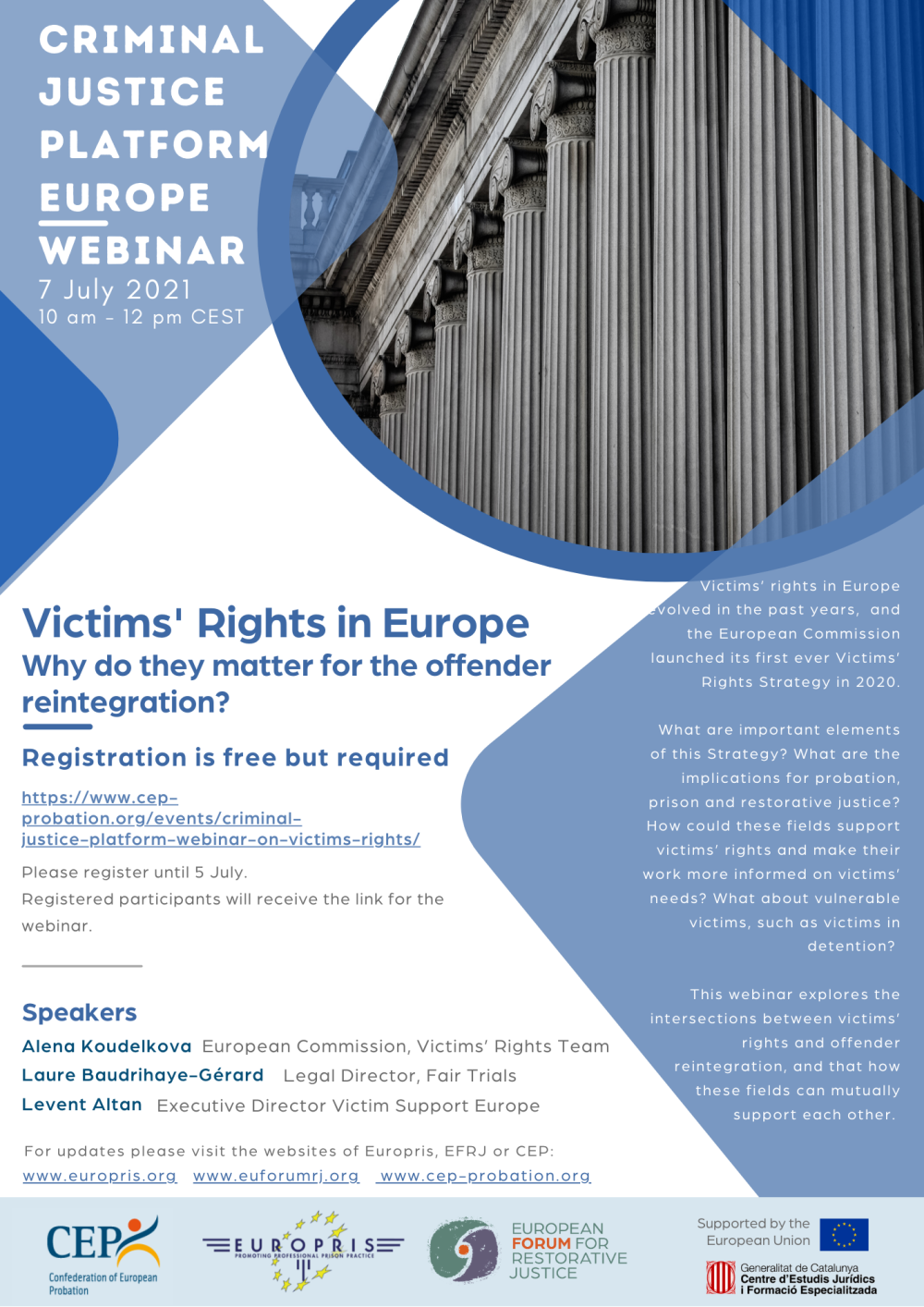Abstract of the presentation: Deprivation of liberty is amongst the harshest of measures that states can take against individuals and should only be used as a last resort. Detention is used in both a criminal proceedings context, and also in many countries in respect of undocumented migrants. The impact of detention can be devastating in itself, meaning losing access to family and friends, or your job. But in addition to all of this, detention exposes a person to a heightened risk of violent crime: according to the World Health Organisation, 25% of prisoners are victimized by violence each year. Putting a person in detention not only places them in a violent setting, it also makes them vulnerable. Imagine being detained: you are isolated, stigmatized, without access to information and often without means of communication with the outside world.
Detention itself is also not transparent: it occurs behind closed doors, and there is a lack of accountability and oversight. Places of detention can and often do operate as a kind of legal black hole. Due to the vulnerability of detainees and the high risk of violence in detention, when states detain people, they have a legal and moral responsibility to ensure their safety.
This is why the EU Commission, in its Strategy on victims' rights (2020-2025), recognised that detainees are among the most vulnerable groups that require particular attention and scrutiny from Member States. It stresses that more needs to be done, at the EU and national level, to ensure detainees’ effective access to justice. Tools must be designed to allow detainees to report crime, and coordination between all actors that come into contact with victims, including the police and detention staff, must be enhanced. In 2019, Fair Trials published a report based on research it conducted with five partners to examine the barriers to access to justice for detained people who suffer physical violence, whether by detention staff or co-detainees, in six EU Member States (Belgium, Croatia, Hungary, Italy, the Netherlands, and Sweden). We focused on immigration detention and pre-trial detention in the context of criminal proceedings. We will present our findings and recommendations.
Bio: Laure is Legal Director (Europe) at Fair Trials, an international human rights NGO that campaigns for fair and equal criminal justice systems. Laure is based in Brussels and leads Fair Trials’ work in Europe. Prior to joining Fair Trials in 2018, Laure qualified as a lawyer in England and Wales and has over ten years of legal practice representing and advising clients on government investigations and in EU law-related disputes. Laure holds qualifying law degrees from universities in the UK, France and Belgium, and Masters degrees in European law (College of Europe, Bruges) and criminology (Universite Libre de Bruxelles). Laure has published in the field of criminology and actively participates in prison monitoring activities in Belgium.



